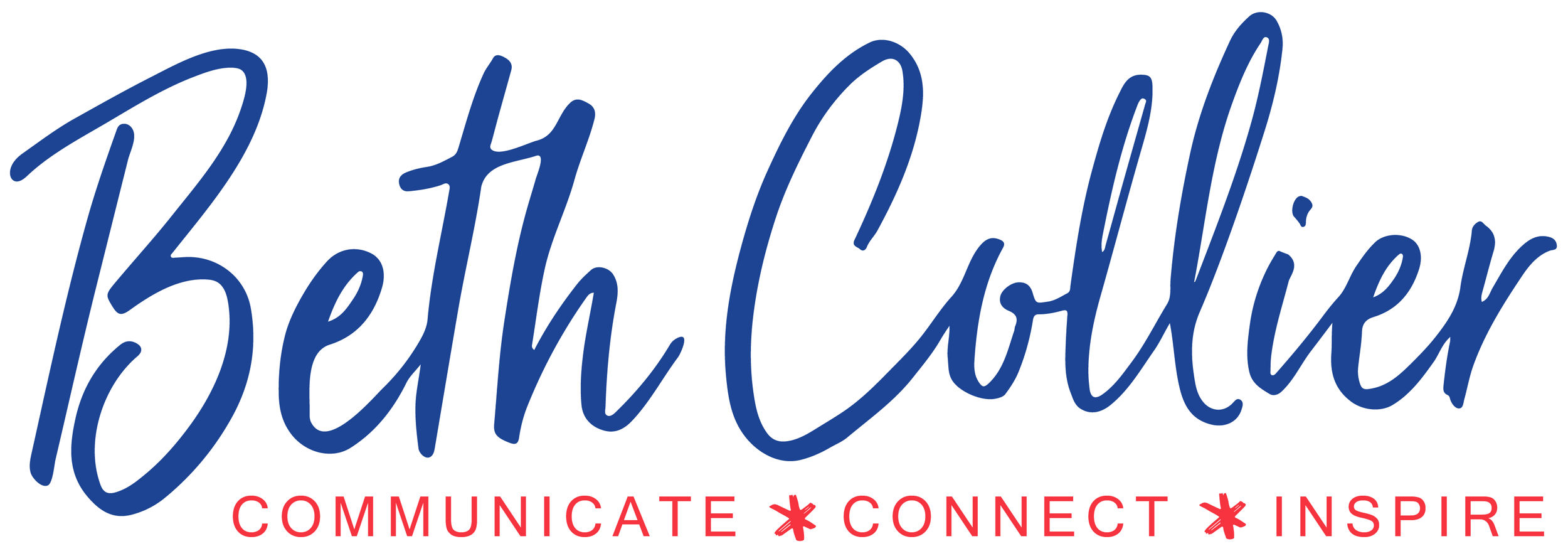What Pretty in Pink Taught Me About Forgiveness
High school boys wearing linen jackets, naturally…
Whatever happened with John Hughes and Molly Ringwald?
I followed my curiosity – and found myself thinking about forgiveness.
I’ve been feeling a bit nostalgic lately. Maybe it’s because I was just visiting my childhood home in Indiana, digging through old journals, photos, and my 1990s CD collection.
Or maybe it’s because I watched ‘Pretty in Pink’ on my flight back to London.
Ah, ‘Pretty in Pink’…The soundtrack, the rich kid/poor kid clichés, the bad fashion…who doesn’t love it?
This was the third collaboration between writer John Hughes (the master of 80s teen angst, from ‘Sixteen Candles’ and ‘The Breakfast Club’ to ‘Ferris Bueller’s Day Off’) and star/muse Molly Ringwald. They were known to be great friends as well as collaborators.
So why didn’t they make any movies after this?
Well, I followed my curiosity to find out.
That’s not how it was supposed to end
For those unfamiliar with the story, ‘Pretty in Pink’ stars Ringwald as Andie, a poor girl from the wrong side of the tracks (literally, her house is near the train tracks). Her goofy best friend Duckie (played adorably by Jon Cryer) is in love with her, but she is interested in the sensitive rich boy Blane (played by Andrew McCarthy) who invites her to prom, and then essentially ghosts her because he is embarrassed to be seen with her. (Hey, no one said this movie was deep).
The original ending of ‘Pretty in Pink’ had Andie forgetting about Blane, and then getting together/dancing the night away at prom with her BFF/true love Duckie – but test audiences hated it.
Andrew McCarthy’s Blane had a sweetness that made audiences (especially teenage girls) want Andie to choose him. So, reluctantly, Hughes re-wrote the ending (where, SPOILER ALERT: Andie and Blane make out in a parking lot while the longest version of OMD’s song ‘If You Leave’ plays. (But don’t feel bad for Duckie – he gets together with Buffy the Vampire Slayer).
Both Hughes and director Howard Deutch were upset about the new ending, and Hughes followed it by writing ‘Some Kind of Wonderful’– which is basically the original version of ‘Pretty in Pink’ (with the protagonist being a poor boy instead of a poor girl). Hughes wanted Ringwald to star in this film as well (and play the character of Watts, another awkward girl).
Ringwald felt it was time to grow up, and that the role was too similar to the film she’d just done. So, she turned it down.
And Hughes stopped speaking to her.
They never made another film together – and didn’t speak for 20 years. Hughes died in 2009.
Isn’t that sad? By all accounts they were great friends, as well as co-workers. And their relationship was damaged because Hughes was hurt when Ringwald wanted to grow up (a decision that seems understandable, from the sidelines).
Why we need to forgive
This got me thinking about forgiveness. In business – and in life – it is inevitable that someone will hurt you. People will let you down. Someone may take credit for your work. Someone may break your confidence. You may fall on the wrong side of politics – or the numbers – and lose your job.
And when these things happen, it hurts. Rejection, betrayal, disappointments – these are painful, and understandably make us angry.
But holding on to anger and resentment comes at a cost. It uses our energy and becomes a distraction. Forgiving someone doesn’t mean you have to forget what happened, it just means you won’t hold onto it and use it against that person.
Forgiveness is about shifting from blame to problem solving. It isn’t easy, but it ultimately helps you.
Here are three things to consider to help you work through it:
1. Forgiveness is a choice.
It doesn’t mean you have to forget what happened or that you become a human doormat. It just means you can let it go.
2. Forgiveness is a journey.
It takes time to mend when you’re hurt. Give yourself time to feel your feelings, but try not to dwell on the pain. You may be hurt – but you can recover.
Be patient, and cut yourself some slack. Forgiving the person will ultimately help you. Focus on that and take your time.
3. Forgiveness is an opportunity to learn.
Whatever happened to you – there will be a learning opportunity. And there will be something you gained from the experience.
A bad boss or a job loss may have forced you to consider what you really wanted to do with your life. Maybe that’s led to a new, more fulfilling career. Perhaps you found support from unexpected places and have developed stronger relationships as a result. Maybe you discovered inner strength you didn’t know you had. Reframe your pain as learning and be thankful for the lesson.
What would have happened if John and Molly had forgiven each other? Maybe the world would have had another treasured film or two. Maybe the two of them would have had their treasured friendship.
Director Danny Boyle and actor Ewan McGregor had a terrible falling out years ago – but they patched things up and gave us Trainspotting 2. And, more importantly, they got their friendship back. Said McGregor: “It’s a big regret of mine that it went on for so long, and a real shame we didn’t work together all those years. It wasn’t really about the film – it was about our friendship.”
Maybe you have a broken friendship that can be repaired, too. You may think the other person doesn’t deserve your forgiveness – but you deserve the feeling you’ll have when you forgive them.
And maybe – just maybe – what’s broken can be mended.
And wouldn’t that make for a better ending to the story?

